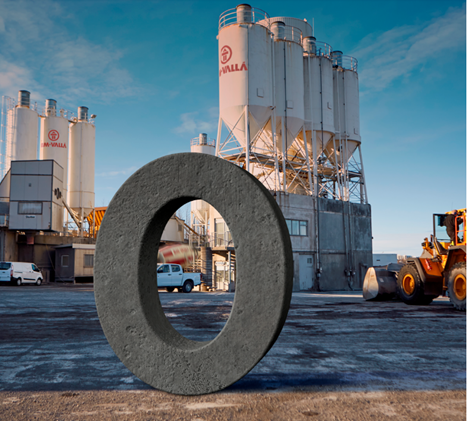BM-Valla verifying their concrete mixes based on new Swedish regulations about freeze-thaw testing
Project partner BM-Vallá initiated testing in order to see the impact of different curing conditions of concrete for freeze-thaw durability testing.
|
Einar Einarson from BM-Vallá, one of the Ar2CorD project partners, has long experience with freeze-thaw durability testing, as this property of concrete is indispensable in Icelandic climate conditions. Presently, he follows standard SS 137244, but after a discussion with Jonas Carlswärd from Heidelberg Materials Sweden AB, he started to be concerned about the impact of carbonation on the freeze-thaw performance of the concrete they produce. In the new national annex of EN206, the SS 137003 describes a new curing procedure for concrete in the XF4 exposure class with clinker content between 65 and 80 %. The new aspect is the addition of carbonation during the curing period. |
 |
 |
Low-carbon concrete might be more susceptible to degradation and through testing is required before its distribution to customers. Therefore, Einar decided to prepare a series of 4 different mixes with Portland cement or fly ash cement and variable water/cement ratios. Properties of fresh concrete were checked, including the measurements of air content that has a significant influence on freeze-thaw performance. Samples for compressive strength and freeze-thaw testing were prepared. The innovative aspect of the testing program is exposure to four different curing types of samples for freeze-thaw testing, including prolonged curing in field conditions (by sea or road). |
The test plan seems very interesting, and its results will be presented during the Ar2CorD seminar scheduled for the first part of 2024.